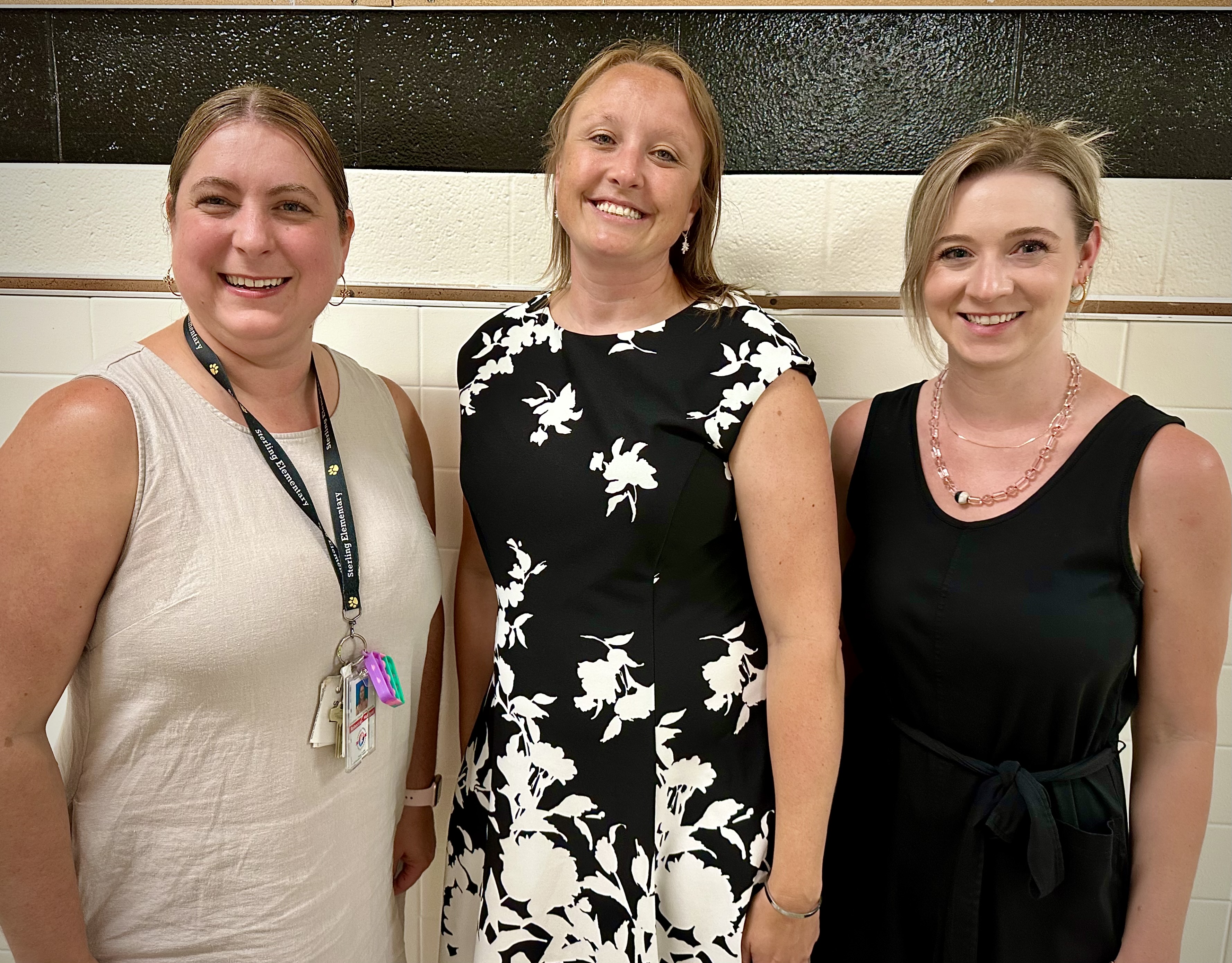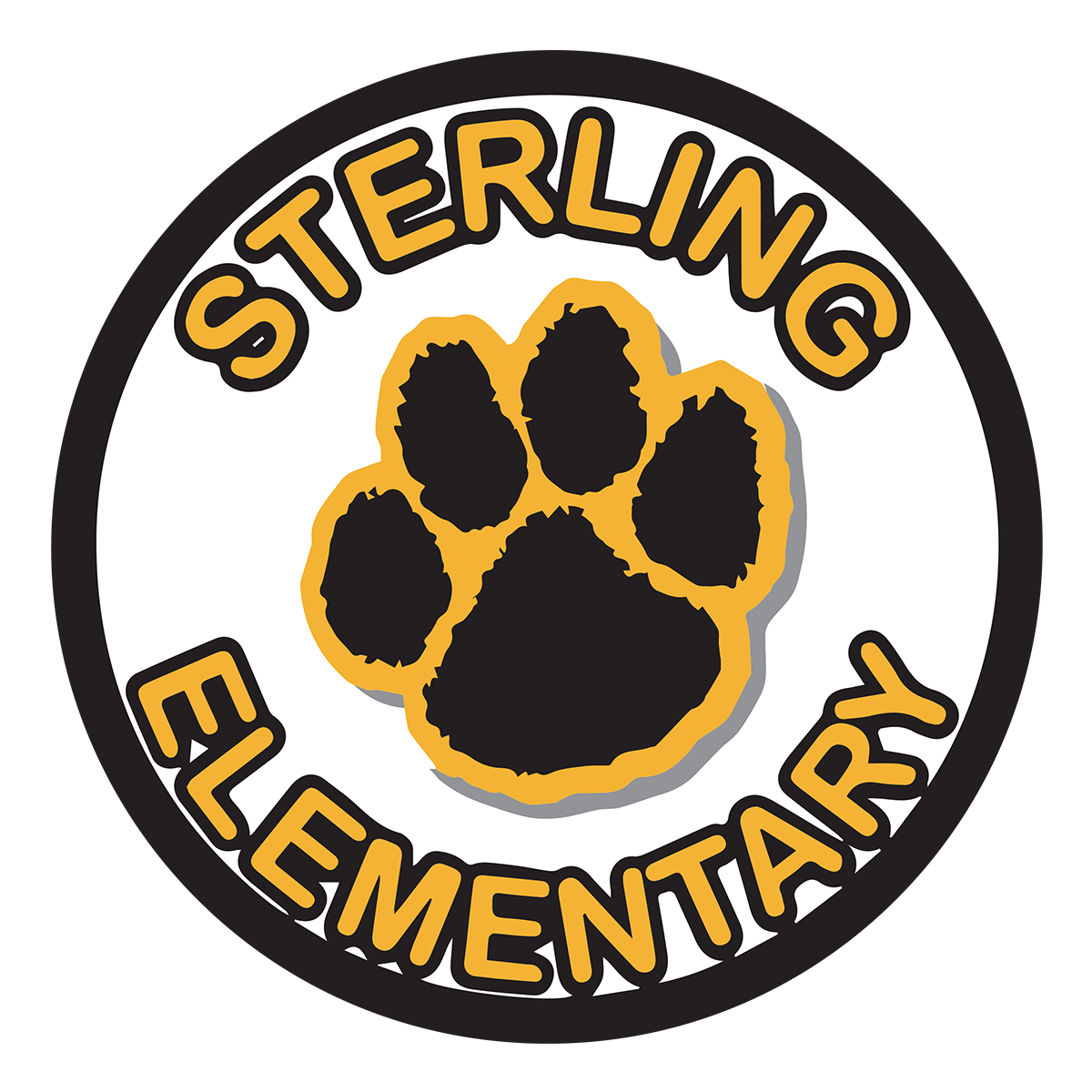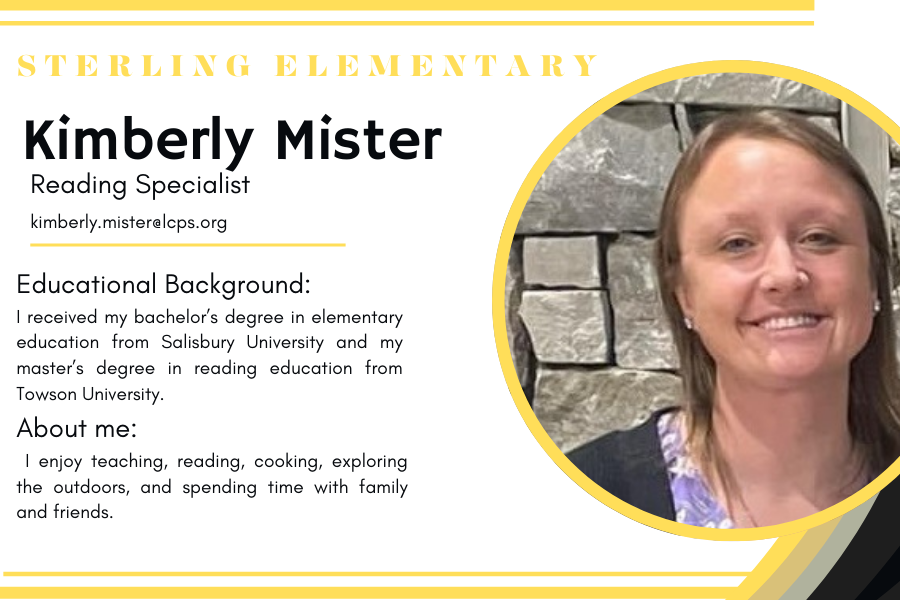Reading

At Sterling Elementary, we are fortunate to have three full time and one part time reading specialists working with our students and teachers. Reading specialists have many roles at Sterling Elementary. We work with students in need of reading support both in and out of the classroom, depending on the needs of the students.
Comprehensive Literacy
What is Comprehensive Literacy?
The LCPS Program of Early Literacy Instruction is based on the three models which describe how students learn to read and is informed by work in the Science of Reading which was outlined by the National Reading Panel (NRP) in 2000 and includes the following components: phonological awareness, phonics, fluency, comprehension, and vocabulary. The Institute of Educational Sciences (IES) later added writing and oral language as critical components.
In addition, the LCPS program of Early Literacy Instruction provides opportunities for Deeper Learning in the service of the LCPS mission statement of enabling all students to make meaningful contributions to the world. This evidence base is not new, rather evidence has been converging over many decades and is established in a scientific evidence base. Adherence to what is known about the Science of Reading requires explicit and systematic instruction of foundational reading skills with simultaneous high quality language and meaning based instruction.
The Science of Reading points to the following understandings:
1. Reading is not the same as language development – reading is not acquired naturally.
2. Students need to be explicitly taught to connect letters (graphemes) and sounds (phonemes). Early readers in LCPS are taught to read at the sound level and at the word level.
3. When individuals are skilled readers, they automatically recognize words, but this is not how early readers process words.
4. Reading comprehension requires both adequate word reading and linguistic or language comprehension.
In the classroom, LCPS teachers use four instructional structures within a workshop model to teach literacy. Within a workshop model students participate in daily independent and guided practice with direct teaching informed by a scope and sequence and the development of children. A brief description of each is below:
Read Aloud and Oral Language Development
Culturally responsive interactive read alouds of authentic texts are chosen for the purpose of fostering oral language, vocabulary and concept development. Students are provided with opportunities to engage orally with the text in order to build language. Additionally, literacy comprehension strategies are modeled and practiced by students, partnership, and clubs.Children work independently and within small groups on various reading activities while the teacher is meeting with Guided Reading groups.
Whole Group Mini lessons in Phonological Awareness (K-2), Phonics (K-2), Reading Comprehension (K-5) and Writing (K-5)
Primary teachers conduct brief mini-lessons in a structured scope and sequence in a whole group for Phonological Awareness (K-2), Phonics (K-2), Reading Comprehension and Writing for students to access grade level and above material. These explicit lessons are designed to provide accessible models of decoding and reading comprehension with an emphasis on specific steps for practice and transfer of skills. These explicit lessons are followed by differentiated, small group instruction.
Assessment-based, small-group Instruction in Reading, Writing, Phonics and Word Study
Students are assessed using the Phonological Awareness Literacy Screening (PALS, K-3) to determine fundamental literacy skills such as concepts of print, concept of word, phonological awareness, alphabet recognition, sound -symbol correspondence and spelling. Based on the results of these assessments, the Developmental Spelling Assessment (DSA) and observations along with the Developmental Reading Assessment (DRA), students participate in daily, small group instruction. Teachers provide explicit modeling, guided practice, and independent practice for decoding, fluency and comprehension.
Conferring in Reading and Writing (Application of phonics in both)
Teachers confer with individual students as they read and/or write to assess and move students forward on learning progressions.
Independent Application
Students are provided with opportunities to read, write, and apply phonetic knowledge on a daily basis. Students read decodable, predictable, leveled, and authentic text during this time to practice skills they are learning

